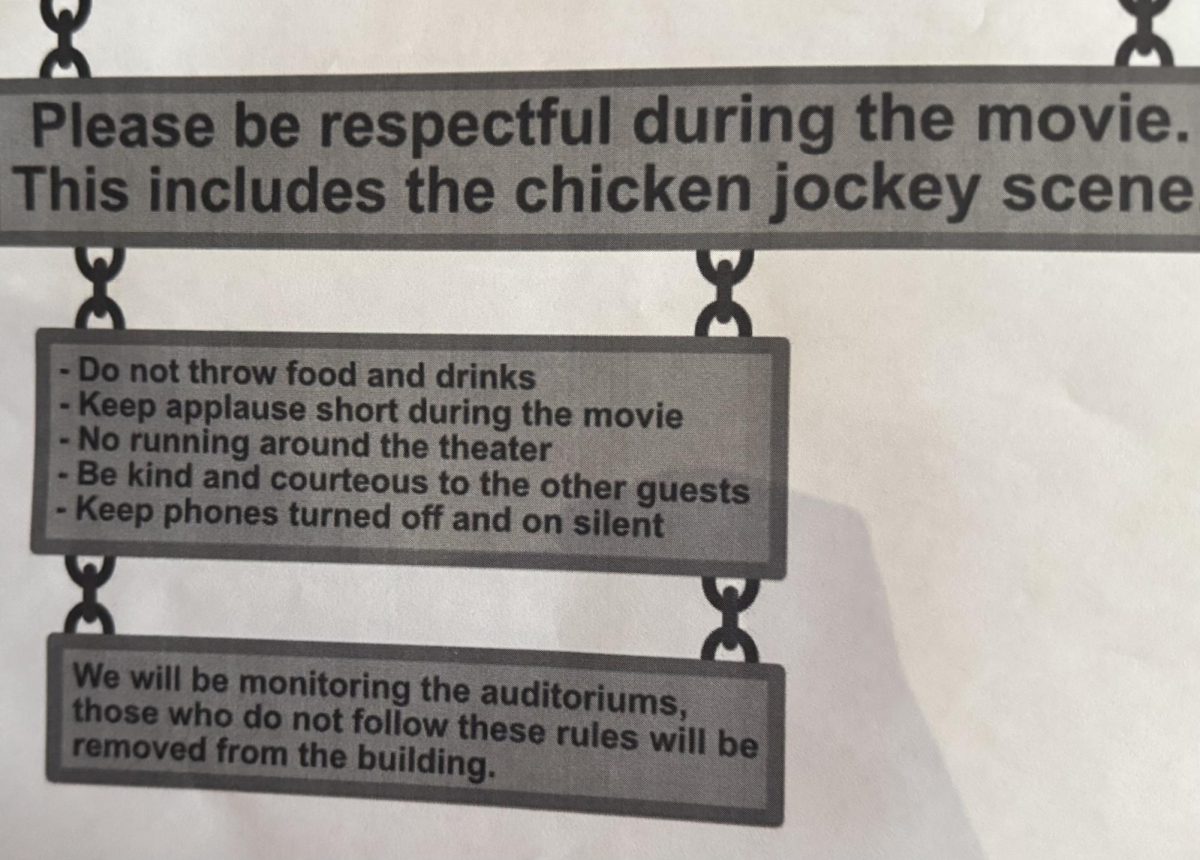“How are you?”
“Good.”
Among other social atrocities, like “‘Scuse me” and “Thanks,” this interaction is one of our culture’s most superficial norms. It’s exchanged thousands of times each day, like a virus sweeping from one apathetic individual to another. These words are tossed around the Mac campus, delivered again and again to acquaintances whose names you can’t quite recall. Dentists mutter the hackneyed question before stabbing sharp tools into your gums; professors of an 8 a.m. lab ask the students of a sleep-deprived class how they’re doing. And the response is, almost always, “Good.”
Of course there are variations. Sometimes “Good” is replaced with “Fine,” sometimes “What’s up?” is asked and “Not much” is received. Occasionally the question asked will morph into “How are you doing?” and once in a while, the responder will be literate enough to say “Well.”
The appeal of such a terse interaction is that it tends to be misperceived as genuine care. Humans value a positive reputation within the community, so we’re allured by the idea that muttering three simple words can craft us into kind, polite beings. Growing up, we’re applauded when we fulfill these social norms – when we pleasepleaseplease our way into a new toy or tactfully decline an invitation to clean our rooms (I was the master of this growing up. “Will you pick your socks off the floor?” No thank you! “School starts in ten minutes, are you ready?” No thank you! Somehow it made my six-year-old rebuttals seem more sophisticated.) Similarly, we are convinced that asking “How are you?” will win us this same sense of victory. Even when we’ll forget the answer, even when we already know the answer, the phrase is so expected that to deviate from it would be a misstep.
And so we fake it. We smile and ask how that-kid-who-sits-next-to-you-in-your-night-class is doing, because we know it will win us karma points. We mutter “Thanks” to the bus driver because it automatically makes us wonderful people (even though he didn’t hear). We send mass texts on Christmas, forgetting that eleven people in our phone’s contact list are Jewish and two others don’t speak English. These things boost our self-esteem and we suddenly see ourselves as really compassionate individuals with millions of meaningful relationships because, hey, we’re so kind we mumbled that magic two-second phrase.
This is delusion. Just because you post “Happy birthday!!” on someone’s Facebook wall doesn’t mean you know that person’s favorite band, and just because you added two exclamation points doesn’t mean your excitement is legitimate. Even foreign language classes teach “I’m good” as an introductory phrase. This expected superficiality is everywhere, and it’s leeching the honesty from interactions. So the next time you’re asked how you are, think of a more genuine—and perhaps a more creative—response. Maybe you’ll get a more honest answer in return.







Andrea Paige • Sep 11, 2019 at 6:40 pm
Thanks for your thoughts. One thing I have noticed is always that banks in addition to financial institutions understand the spending behavior of consumers plus understand that plenty of people max outside their credit cards around the vacations. They smartly take advantage of this kind of fact and begin flooding ones inbox and also snail-mail box using hundreds of Zero APR card offers shortly when the holiday season closes. Knowing that if you’re like 98 in the American public, you’ll leap at the opportunity to consolidate financial debt and transfer balances to 0 APR credit cards.
Rachel Jones • Sep 10, 2019 at 12:40 pm
I do enjoy the way you have framed this situation plus it really does offer me personally some fodder for thought. However, because of what I have observed, I just simply trust as the comments pile on that individuals continue to be on issue and don’t get started on a soap box regarding the news du jour. Anyway, thank you for this outstanding point and although I do not concur with the idea in totality, I regard the viewpoint.
Ryan Lambert • Sep 7, 2019 at 10:57 pm
Thanks for giving your ideas here. The other factor is that whenever a problem comes up with a laptop motherboard, individuals should not have some risk with repairing this themselves for if it is not done right it can lead to permanent damage to the entire laptop. It’s usually safe to approach any dealer of that laptop with the repair of its motherboard. They’ve got technicians who definitely have an knowledge in dealing with notebook computer motherboard complications and can have the right prognosis and conduct repairs.